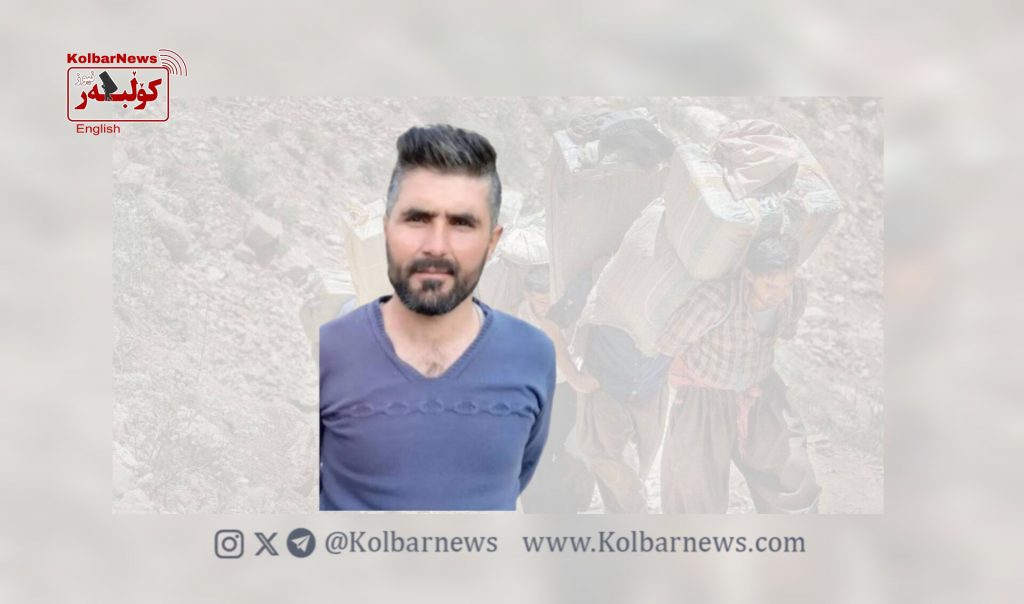
On Saturday, September 28, the newspaper Ham-Mihan published a shocking report titled “The Tragic Story of Bread.” Written by Zahra Jafarzadeh, this report was based on interviews with bakers from 15 bakeries in deprived neighborhoods. At the beginning of the report, it is mentioned that on September 9, the head of the Tehran Traditional Bakers Union announced the latest bread price changes, which were approved by the Ministry of Interior. According to this union, the price of Lavash bread increased by about 40%, and the price of Sangak bread increased by about 66%. Due to higher bread consumption, its quality has significantly decreased.
In the report, one baker complained about the poor quality of bread, lost customers, and the corruption surrounding flour purchases. He said, “Look at this bread, it’s of very poor quality, bread shouldn’t be like this.” Showing the freshly baked bread on a metal rack, he added, “Low-quality flour. It needs to stay in the machine for 20 minutes to be usable. This is the result.” The Sangak bread appeared limp and fragile. Another baker protested the reduction in flour quotas, saying, “They’ve cut 30 sacks of flour from each bakery for various reasons. We have 10,000 bakeries in Tehran, do the math and see how much has been reduced.”
Another baker painted a stark picture of poverty, stating, “The economy is in bad shape, and our sales have dropped. People have stopped eating as much. They used to eat three meals a day, now only two. Even skipping one meal has reduced our sales.”
The report quotes a sociologist who said, “We have official statistics on poverty in the country, and even the Minister of Welfare has acknowledged that at least 25 million people are living in absolute poverty. Absolute poverty means a person cannot afford basic necessities for survival, such as bread, clean water, health care, clothing, and housing.”
The Ham-Mihan report subtly mentions the powerful wheat and flour mafia. Another report claims that the bread mafia earns 60 billion tomans daily, which is the equivalent of the value of 5,000 tons of flour, funneled from citizens into the mafia’s pockets. In Mazandaran, it’s reported that 13,000 sacks of subsidized flour, meant for bread production, were sold on the open market instead.
In addition to stealing people’s flour quotas, the flour mafia engages in criminal practices like removing bran from flour. This process drastically reduces the fiber content in bread, which, according to nutrition experts, increases the risk of hypertension, diabetes, and cancer. Currently, impoverished people consume an average of 13 grams of fiber per day, while the recommended global standard is 28 grams per day.
Traditionally, bread has been a staple in the Iranian diet, largely due to the severe poverty imposed on the majority of people. For instance, a study by Radio Deutsche Welle found that Iran and Germany have similar populations, yet Iranians consume 2.5 times more bread than Germans. Meanwhile, Germans consume 13 times more meat and dairy than Iranians, with well-known health consequences for children who lack adequate protein.
These reports are deeply disturbing, but the situation becomes even more alarming when we learn that governors in many provinces have deprived low-income Afghan migrants of the right to buy even this overpriced, low-quality, bran-free bread. Bread scarcity is only one of the severe economic problems, alongside total political disenfranchisement, faced by citizens forced into poverty. There is no doubt that the Islamic Republic has driven the majority of the working class, laborers, and lower middle class in a wealthy country like Iran into complete bankruptcy. The bread and flour sector has long been controlled by a handful of corrupt officials. Resolving the bread issue is inseparable from solving other livelihood problems, and this can only be achieved through the struggle to overthrow the Islamic Republic. However, even now, organizing support groups for consumers in each locality could help mitigate this issue to some extent.

